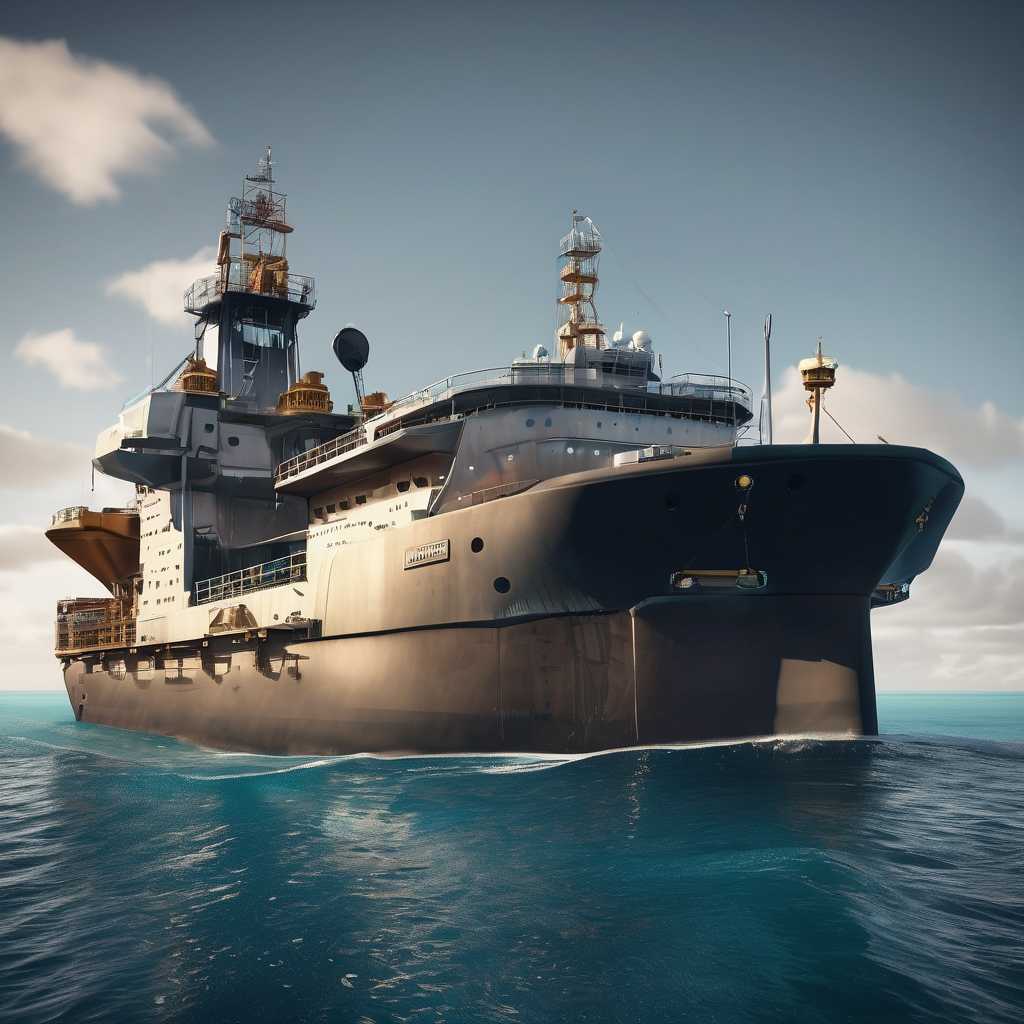Activists in the Cook Islands took a stand against deep-sea mining on Wednesday, confronting a United States-funded exploration vessel as it returned to Rarotonga. The activists, who were in kayaks, displayed a banner that read “Don’t Mine the Moana,” criticizing the recent expedition of the research ship Nautilus. The ship had spent three weeks surveying the ocean floor for valuable mineral deposits, raising alarms among local and international environmental groups.
Media reports indicate that this protest reflects a growing concern in the Pacific regarding deep-sea mining, a practice viewed as detrimental to fragile marine ecosystems and a violation of Indigenous rights. Critics argue that the presence of the Nautilus signals an acceleration of deep-sea mining activities, which could cause significant harm to the marine environments critical to the livelihood of local communities.
The Nautilus’s expedition, which was conducted in collaboration with the Cook Islands government and funded by the U.S. National Oceanic and Atmospheric Administration (NOAA), has been described by some as a smokescreen for advancing extractive industries under the guise of scientific research. Louisa Castledine, an activist and spokesperson for the Ocean Ancestors collective, articulated concerns about global powers, particularly the U.S., vying for control over Pacific mineral resources. She emphasized the potential for seabed mining to wreak havoc on home environments, jeopardizing Indigenous rights and the cultural practices of local communities.
Furthermore, this situation aligns closely with previous controversies surrounding deep-sea mining in the region. The Cook Islands has witnessed significant pushback against policies that enable seabed mining, including criticism of an executive order issued by former U.S. President Donald Trump, which aimed to enhance the mining industry by expediting the permitting process for seabed exploration.
As discussions regarding the regulatory framework for seabed mining continue, the Cook Islands faces the critical task of balancing potential economic benefits with environmental preservation. While there is optimism about future constructive dialogue that prioritizes ecological integrity, there remains a palpable tension between local aspirations for economic development and the need to safeguard vulnerable marine ecosystems.
The engagement of activists and community groups in this narrative signals a hopeful pursuit of sustainable resource management that aligns with both the preservation of the unique marine environment and the economic needs of the Cook Islands’ residents. As the conversation unfolds, the commitment to protecting marine resources while addressing local concerns may lead to more equitable and environmentally responsible practices in deep-sea mining.
